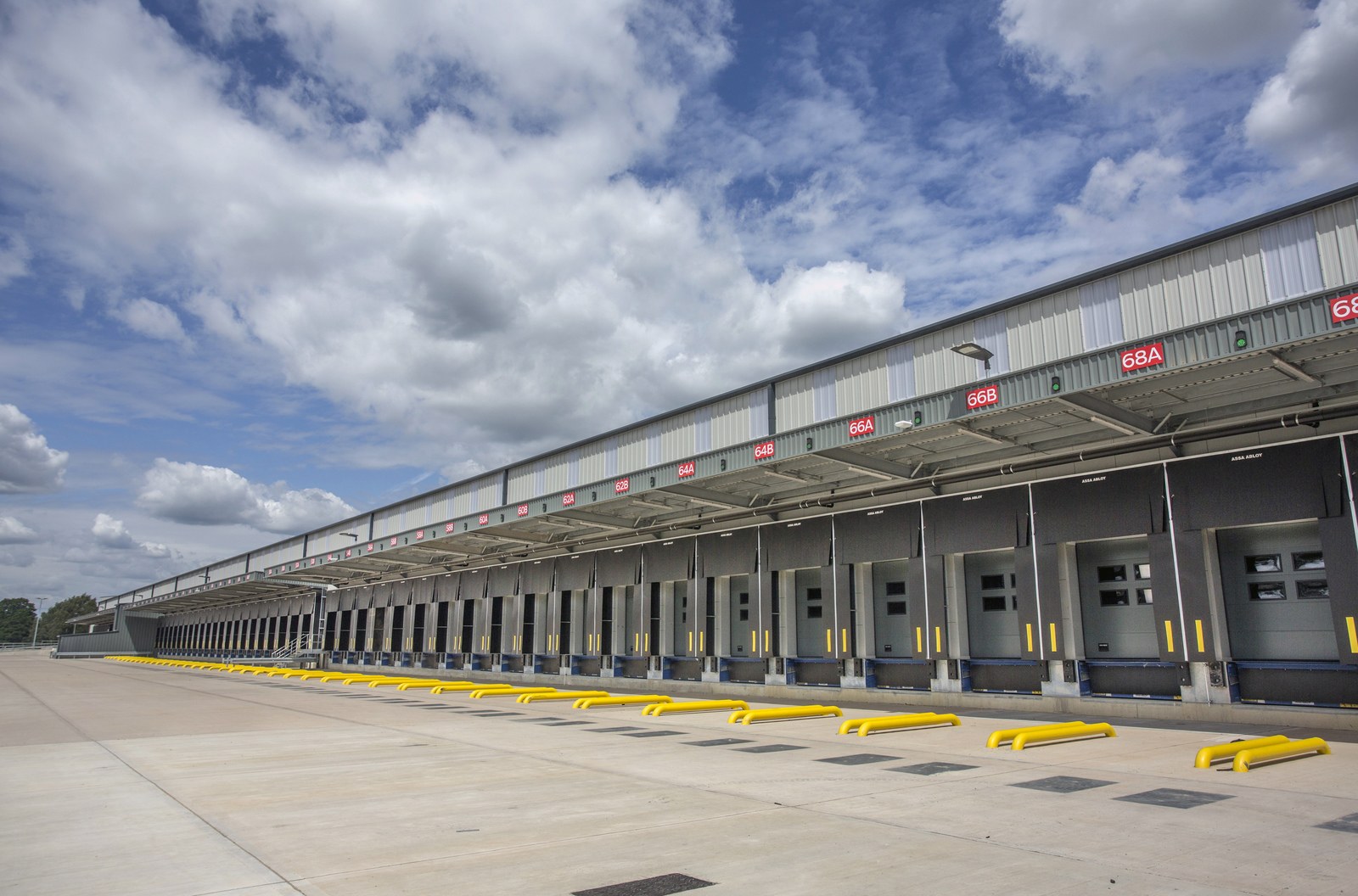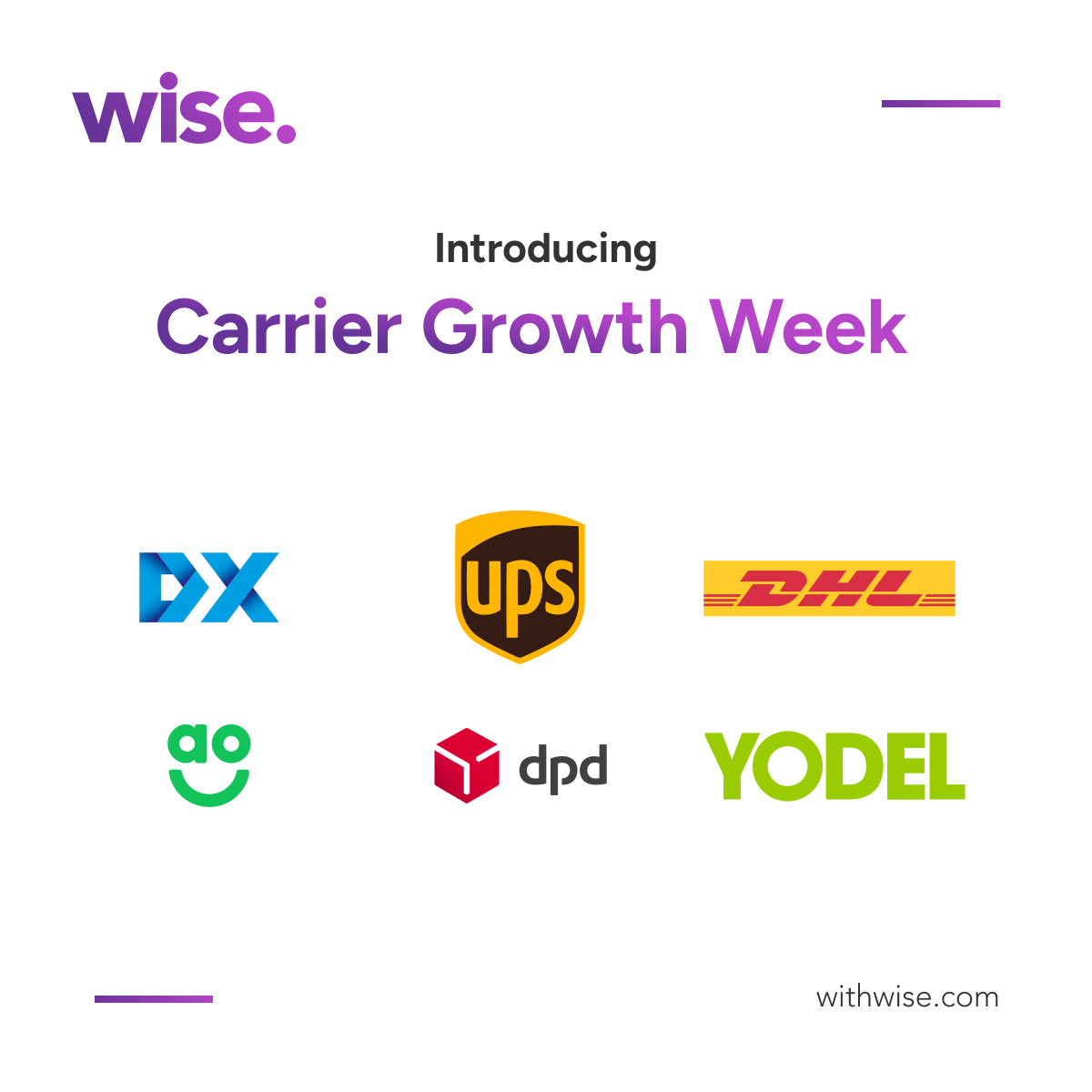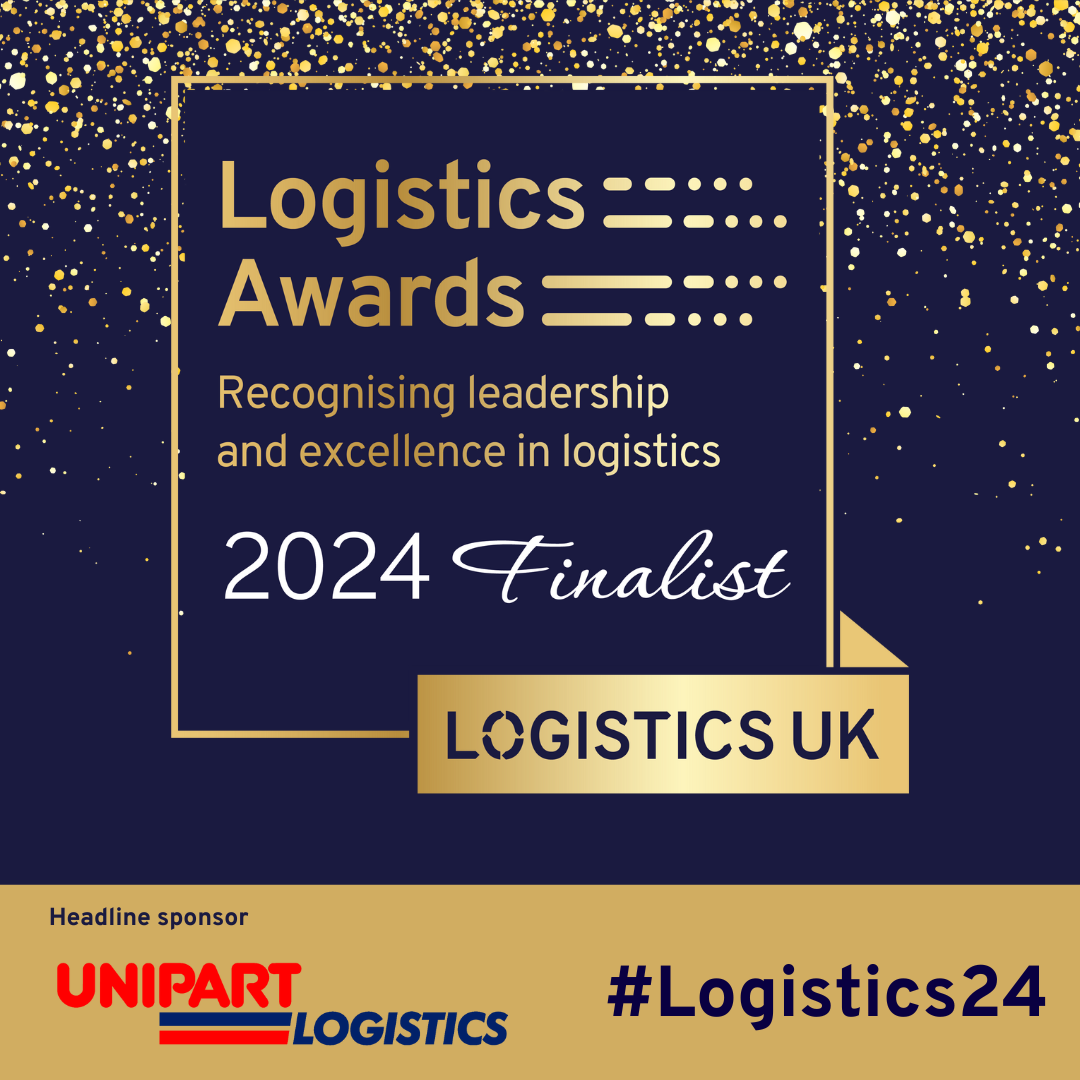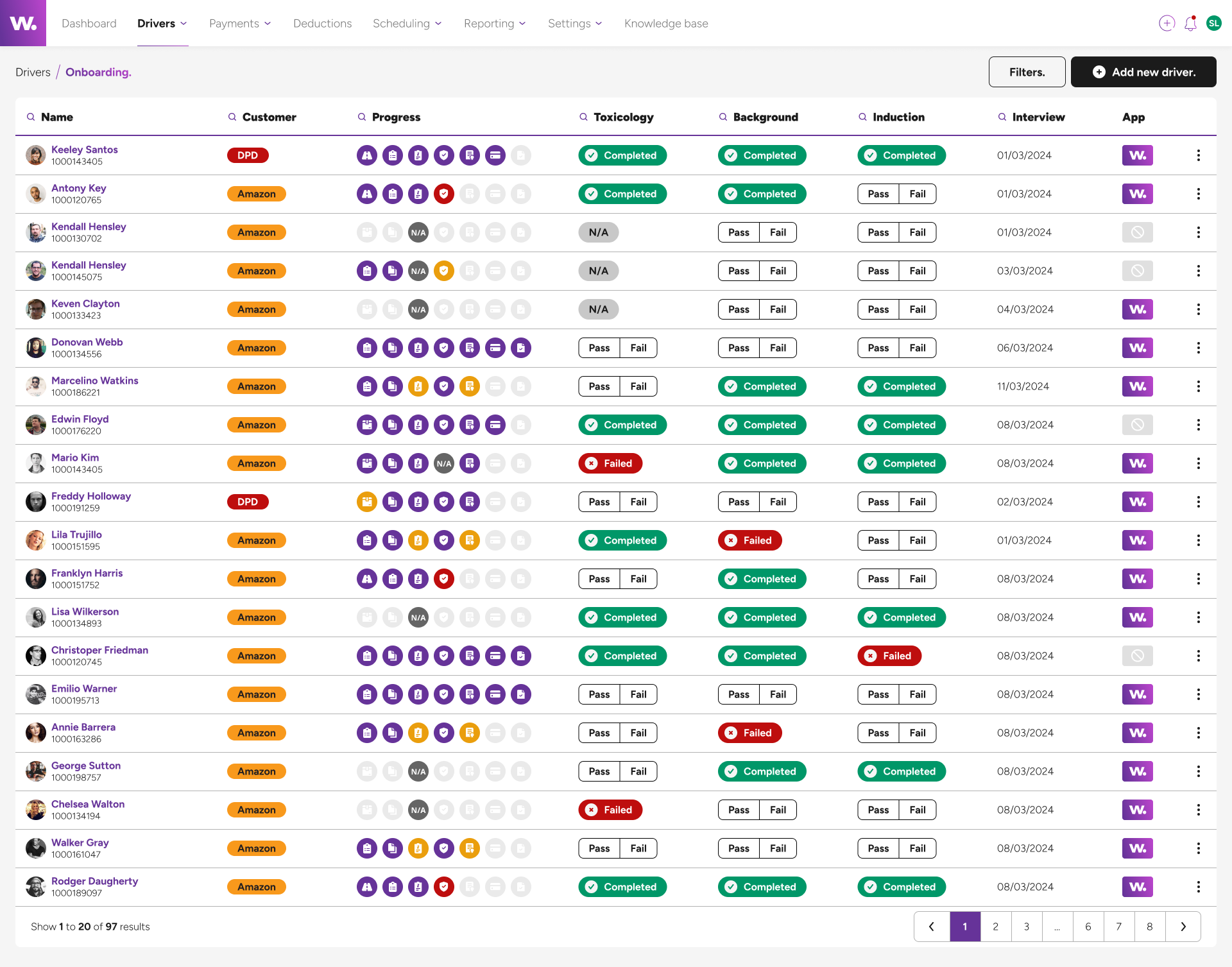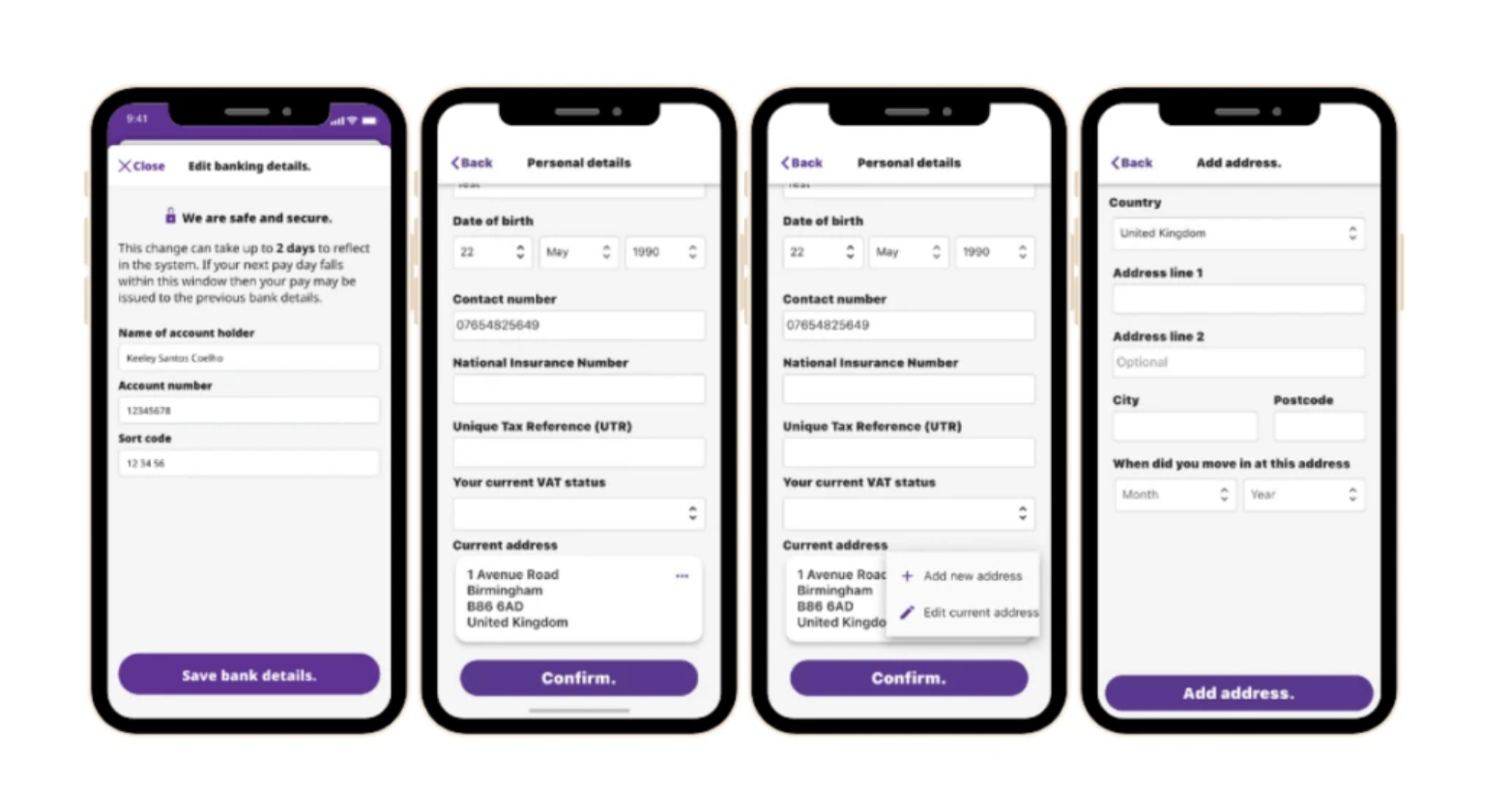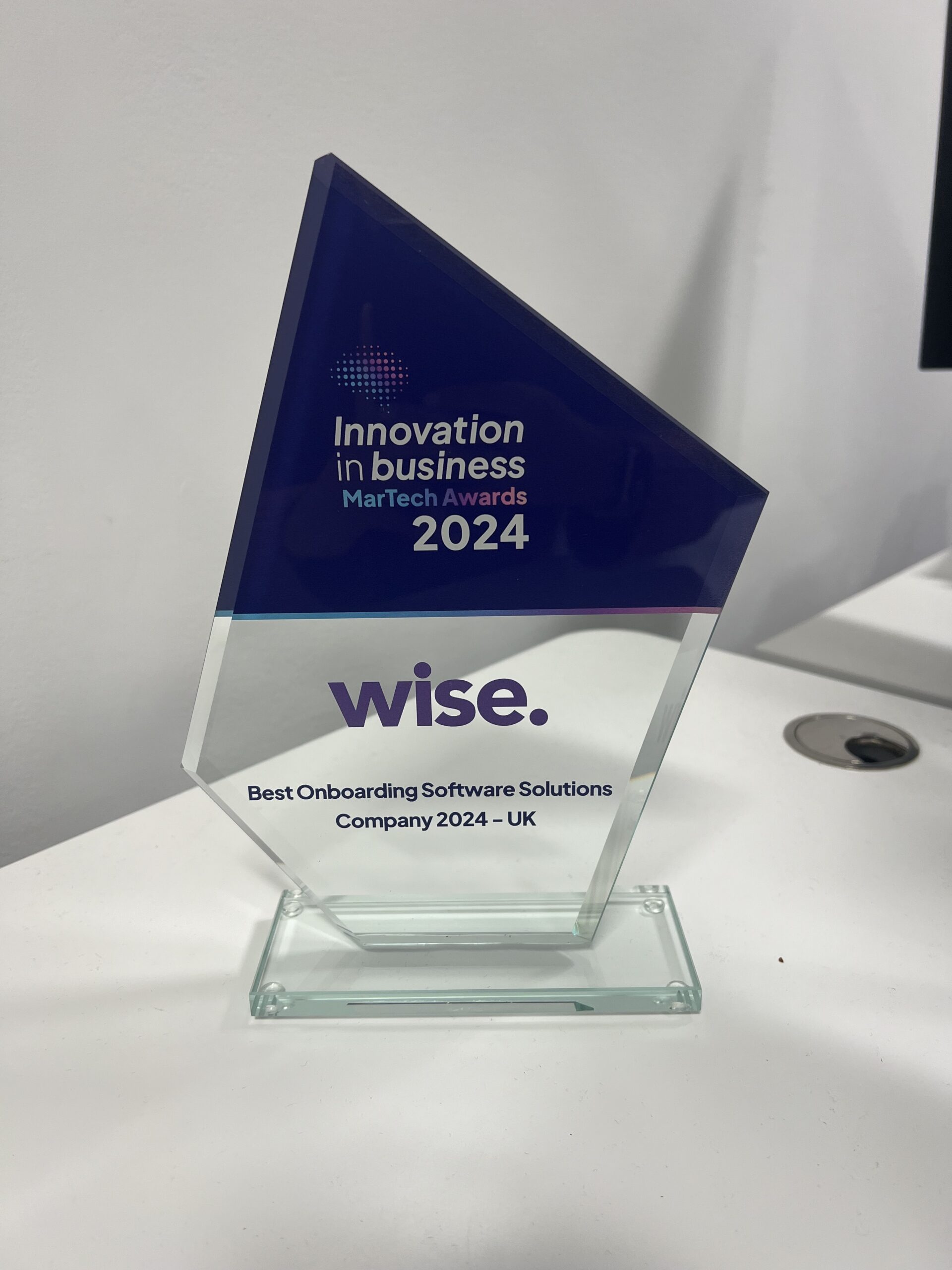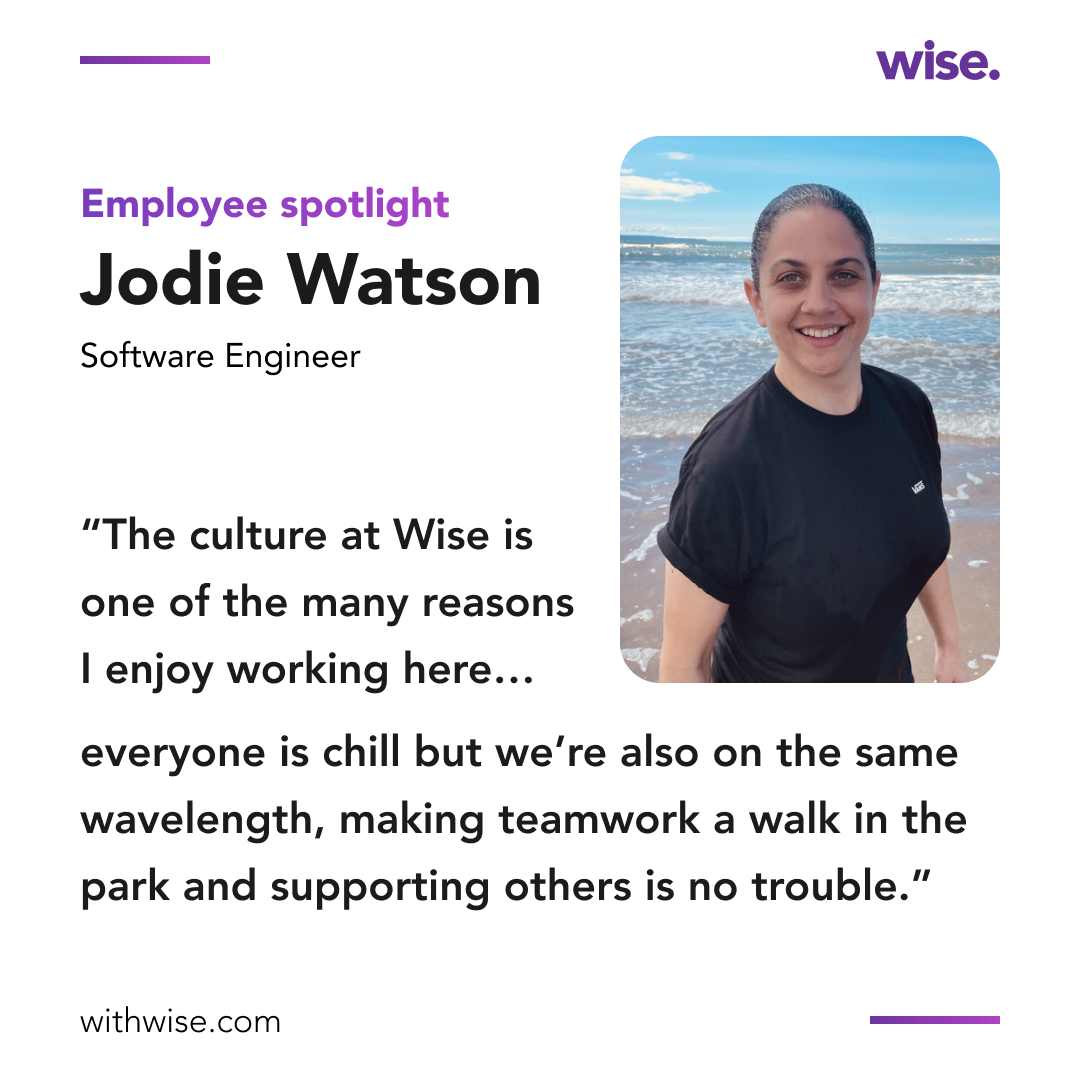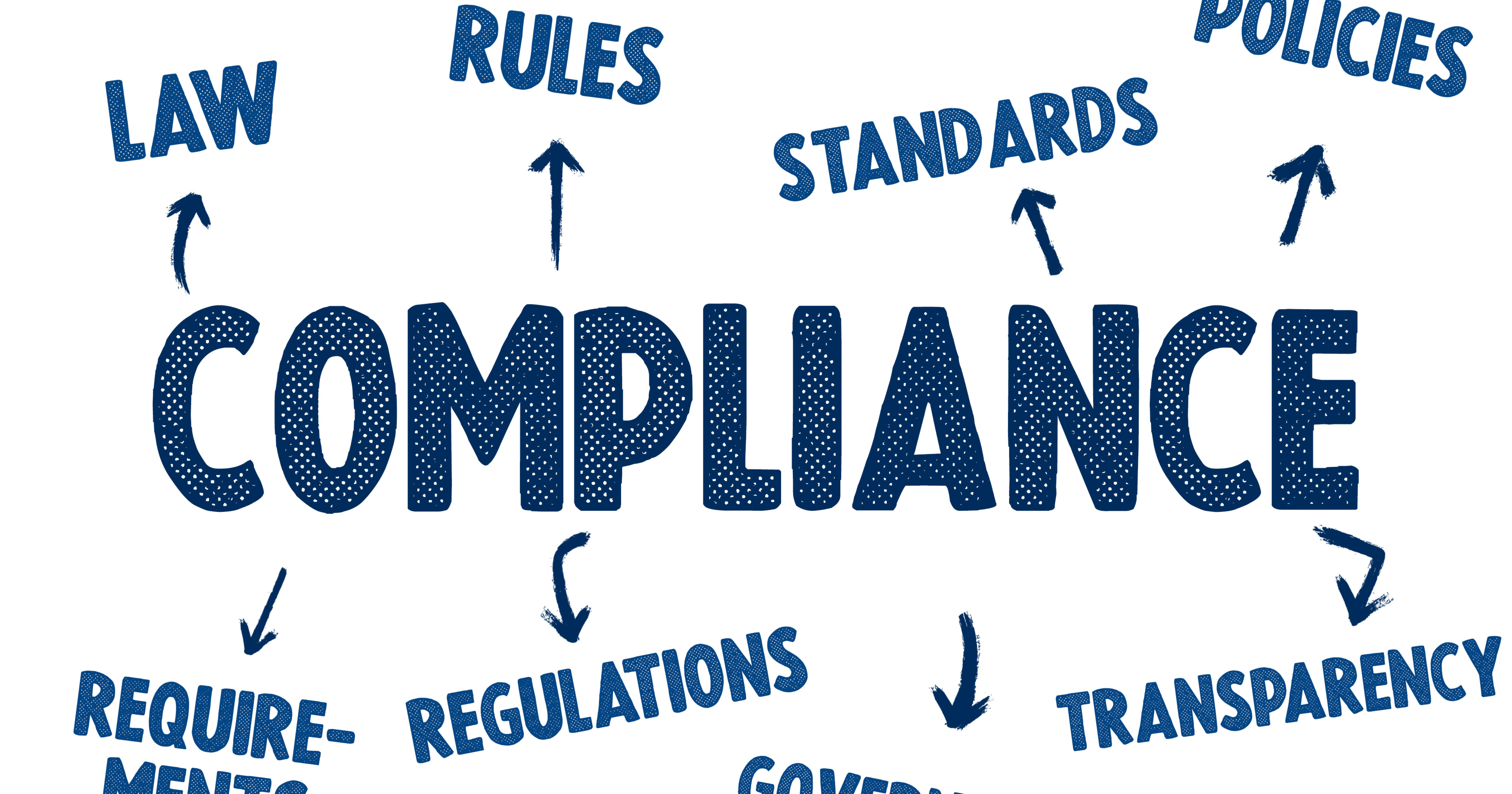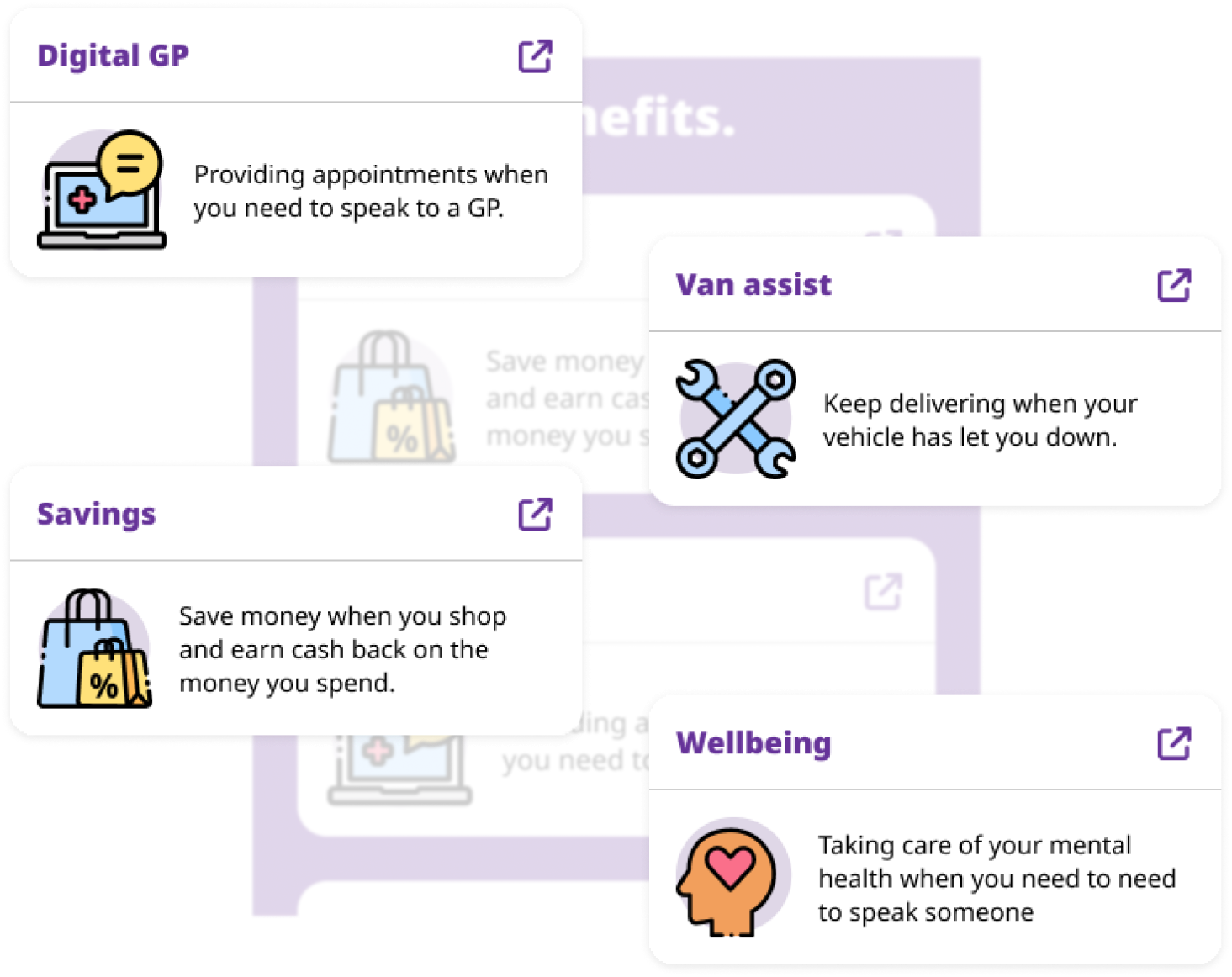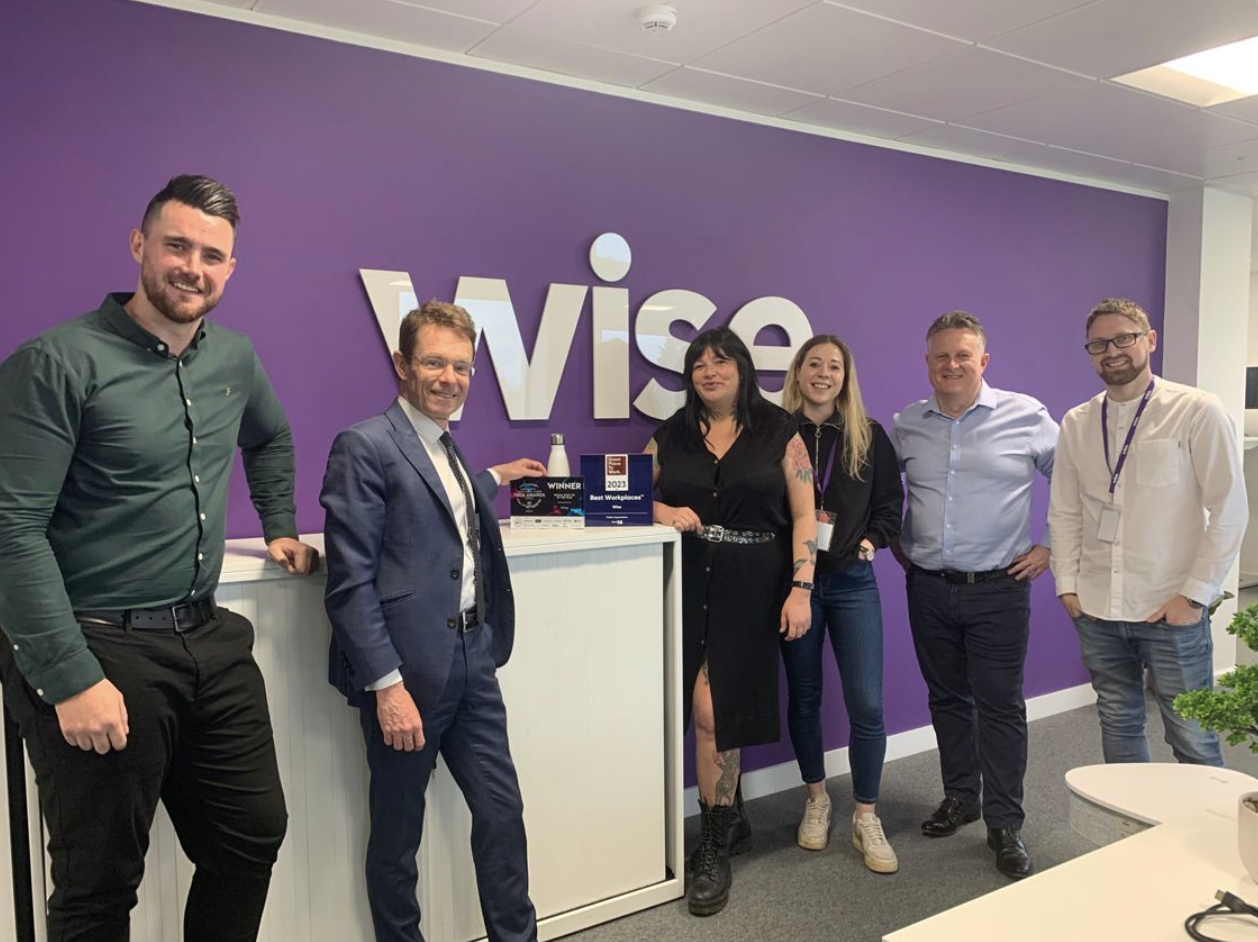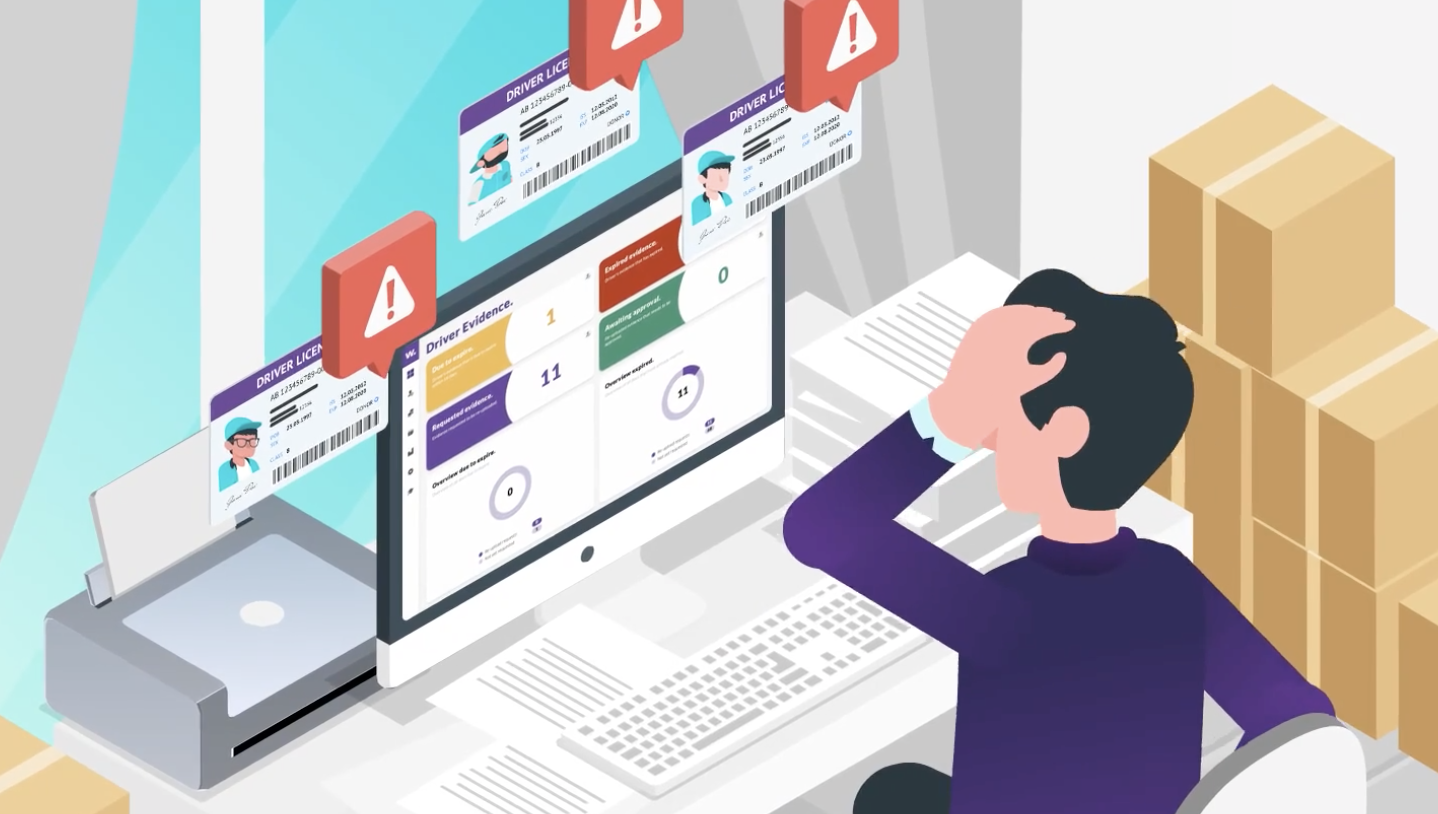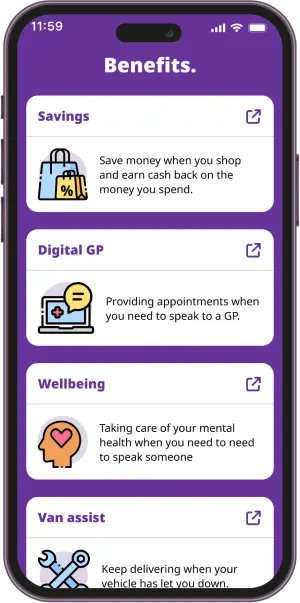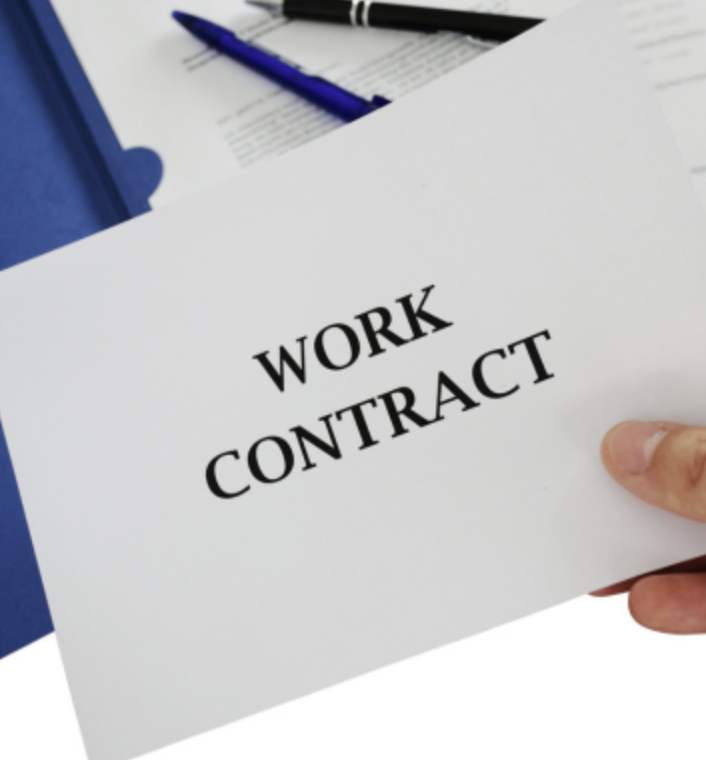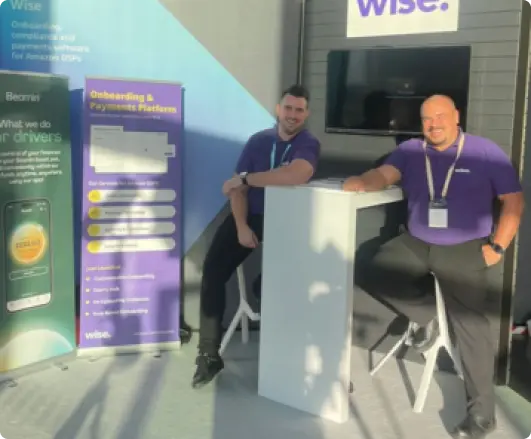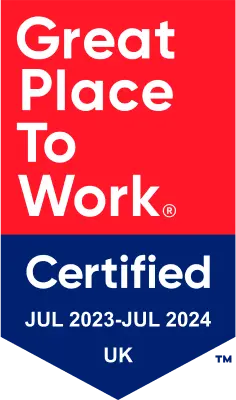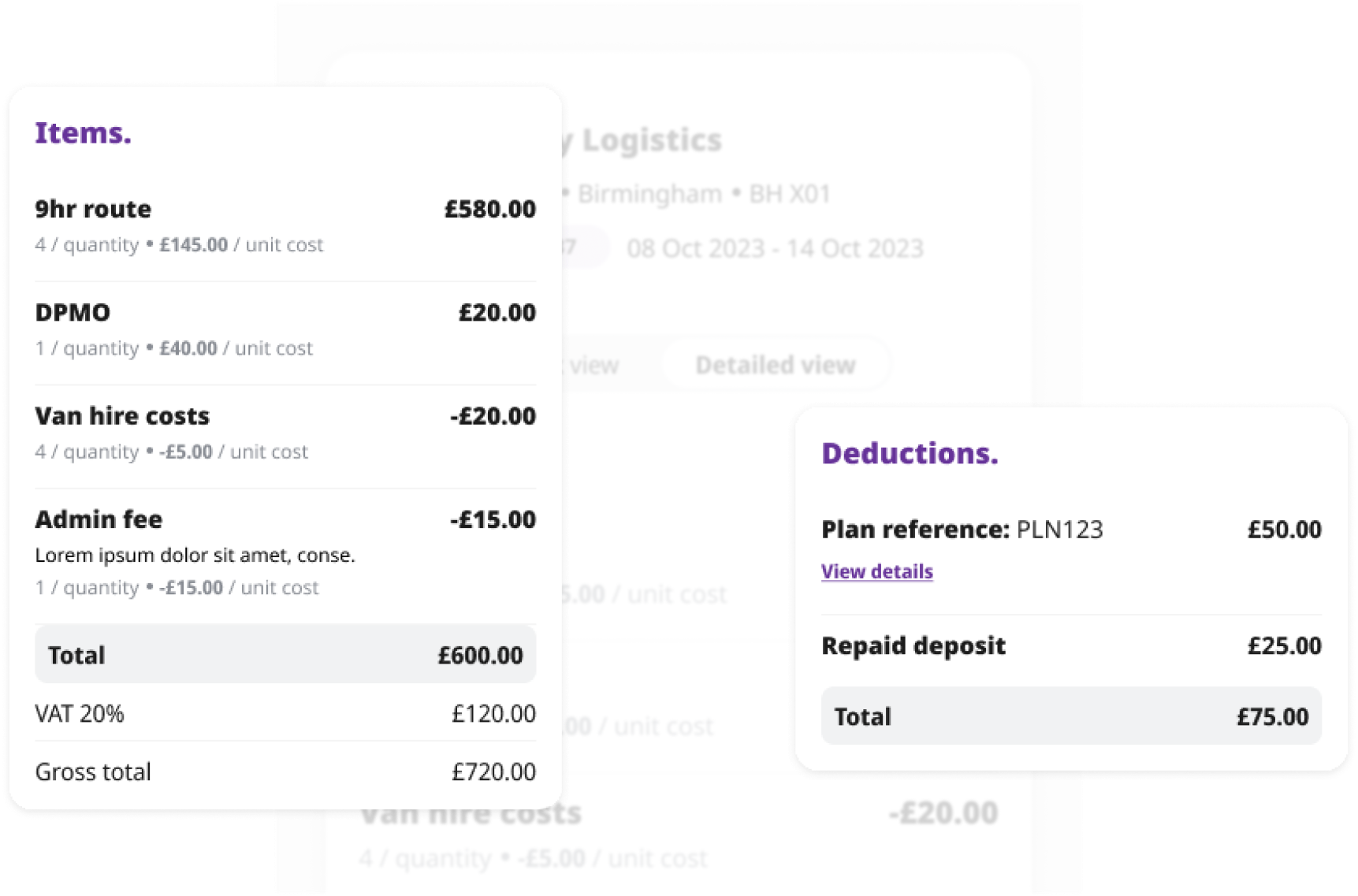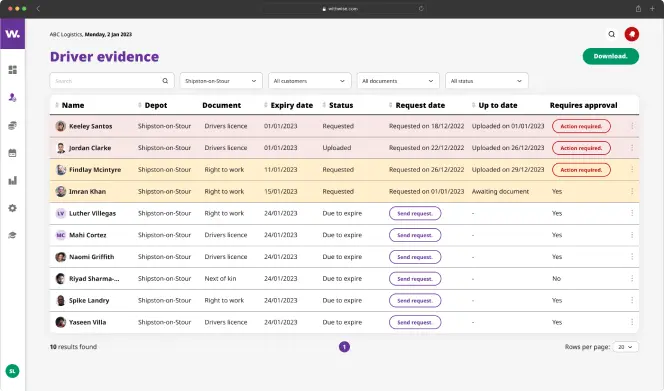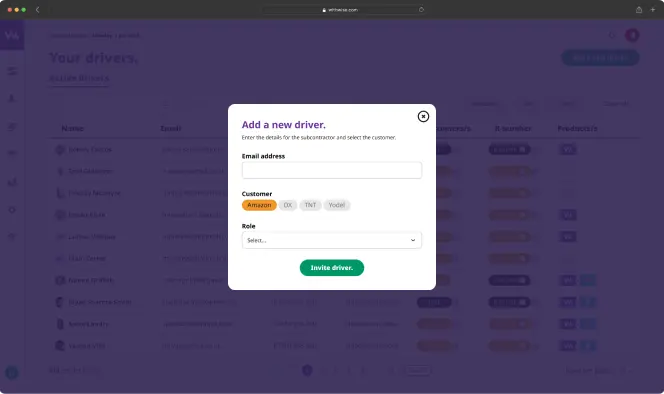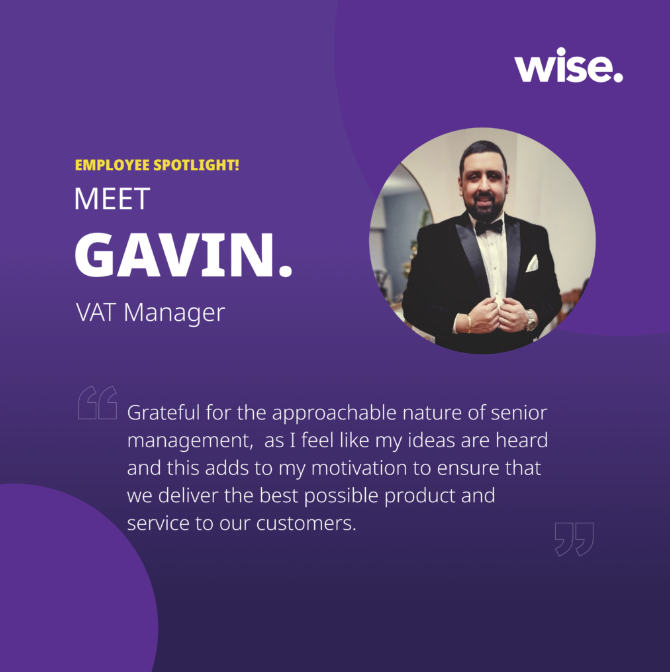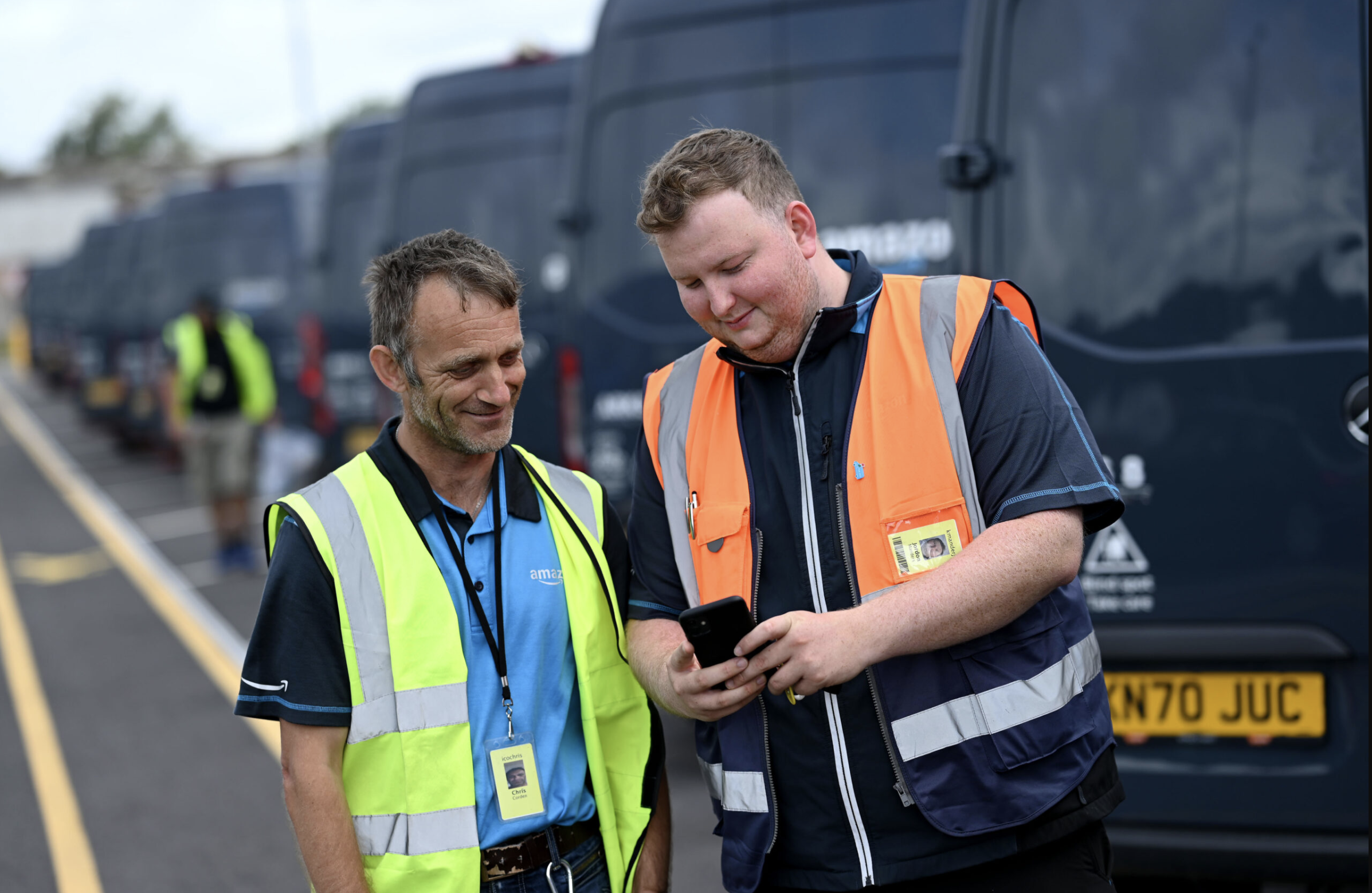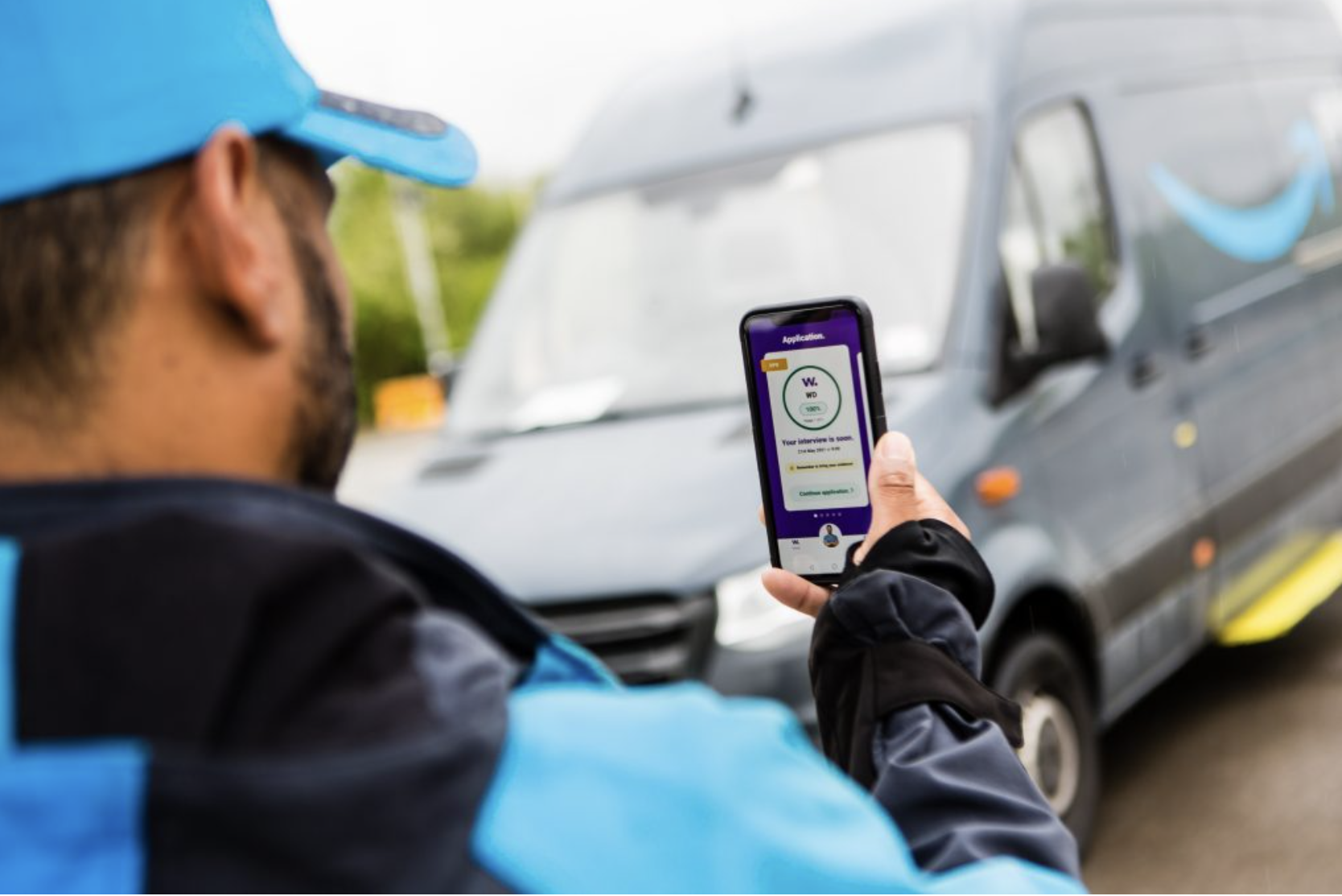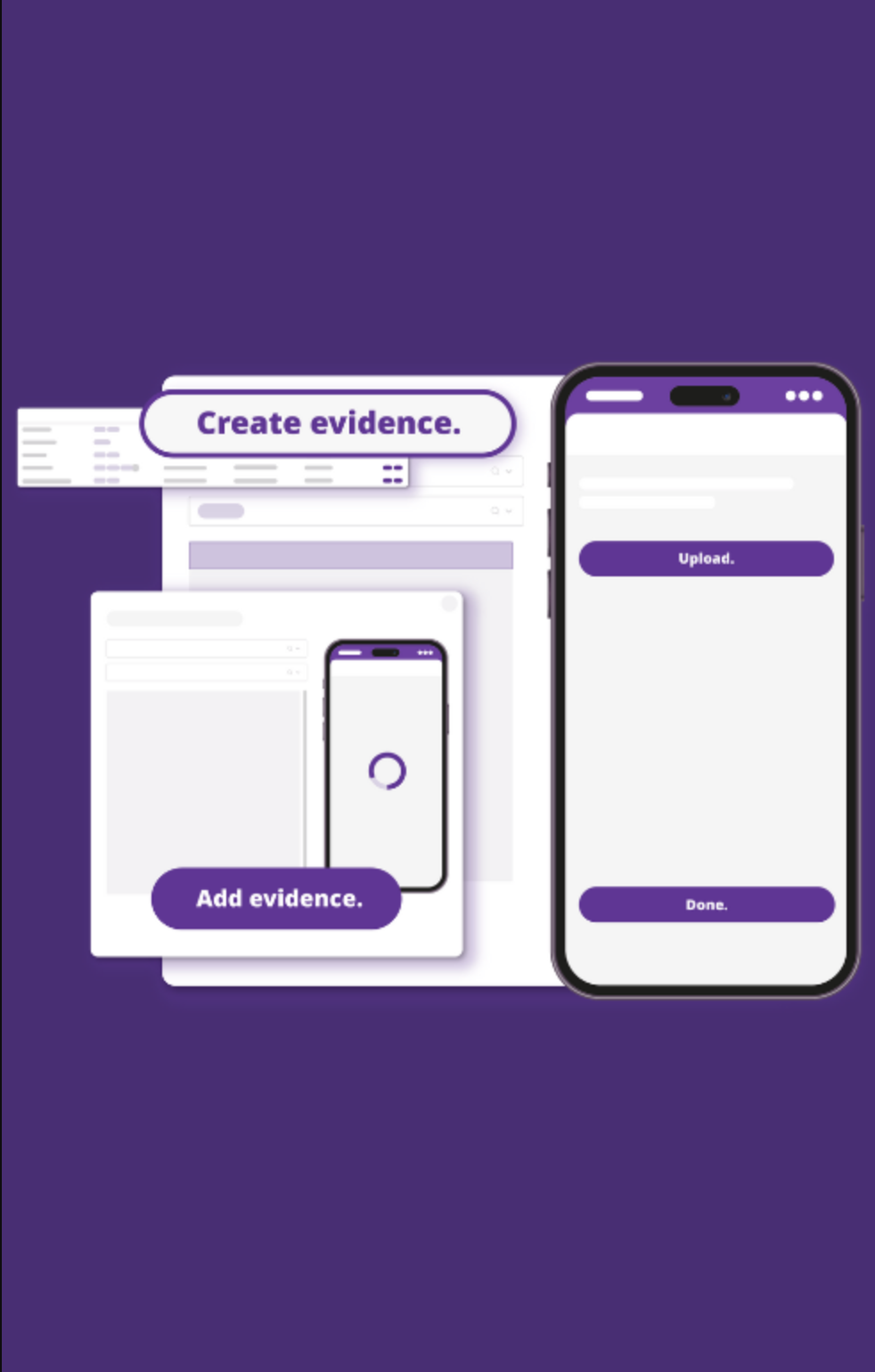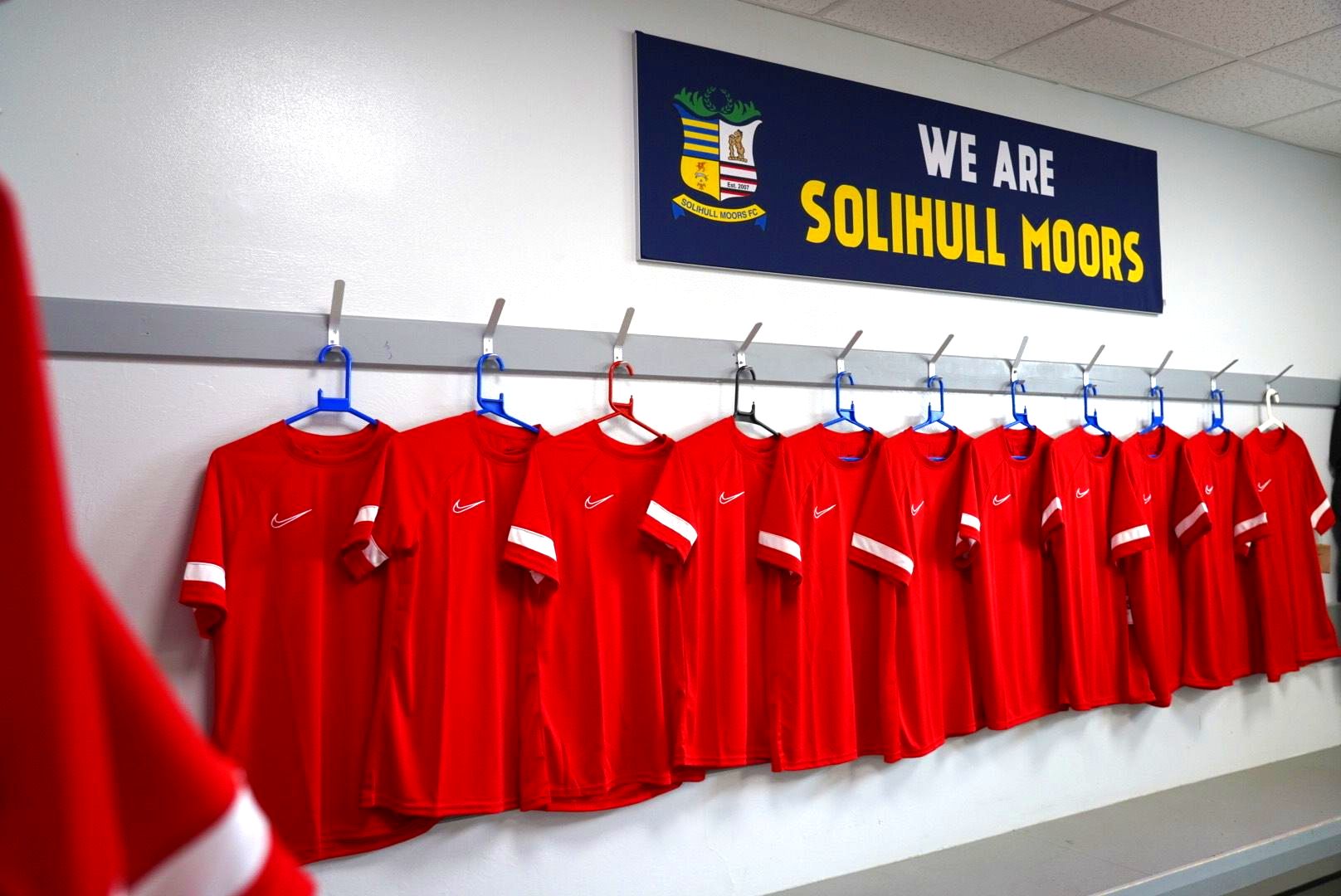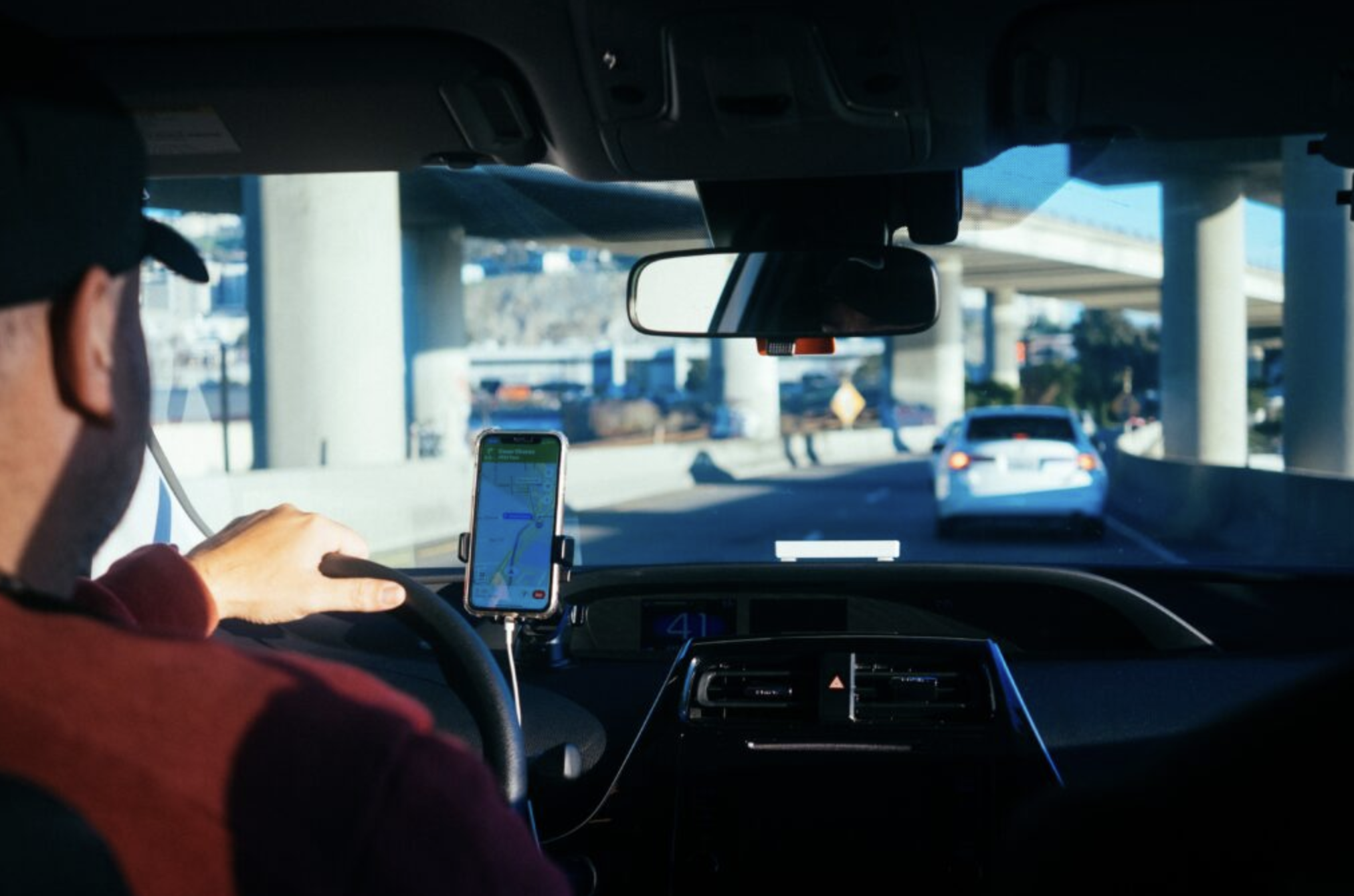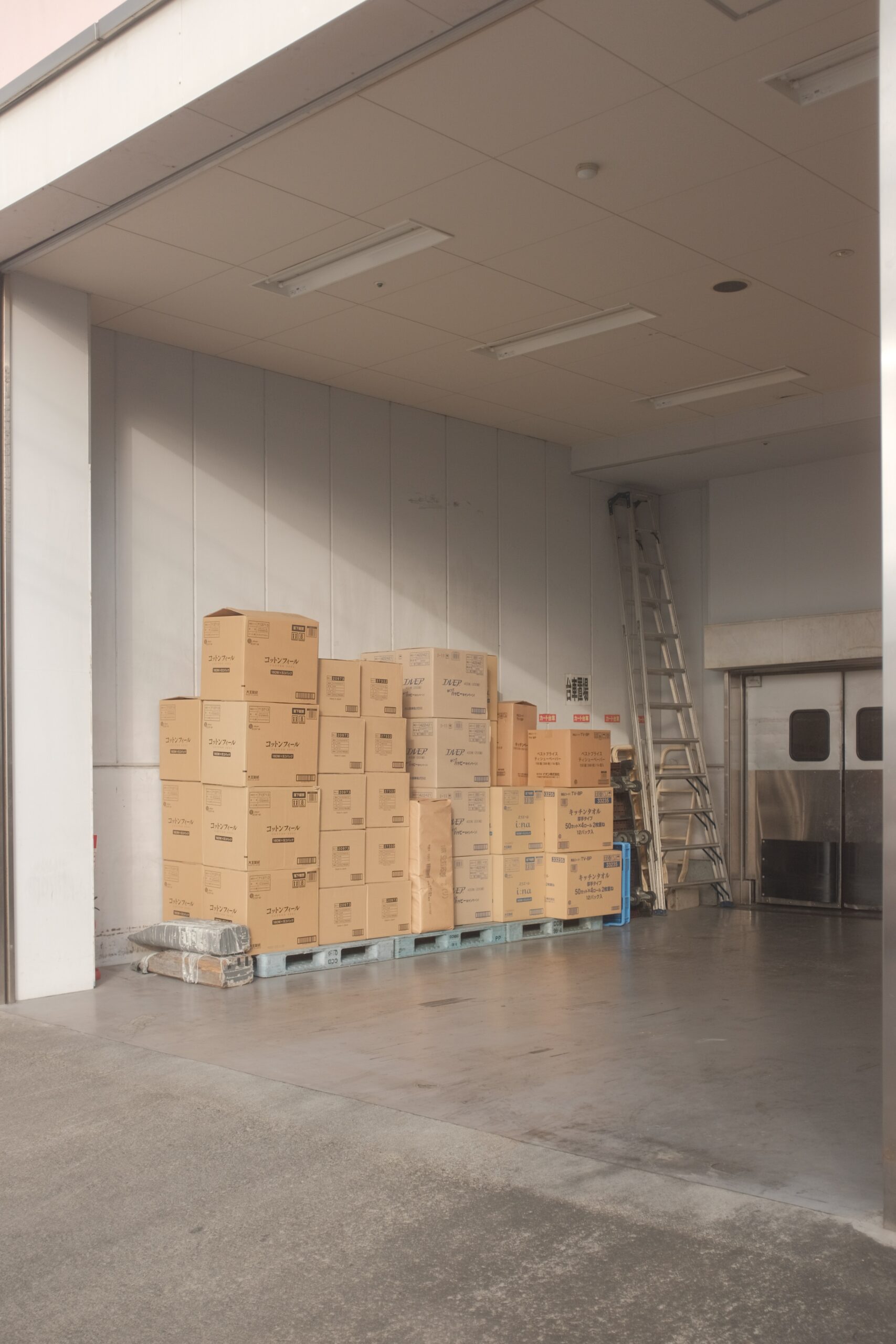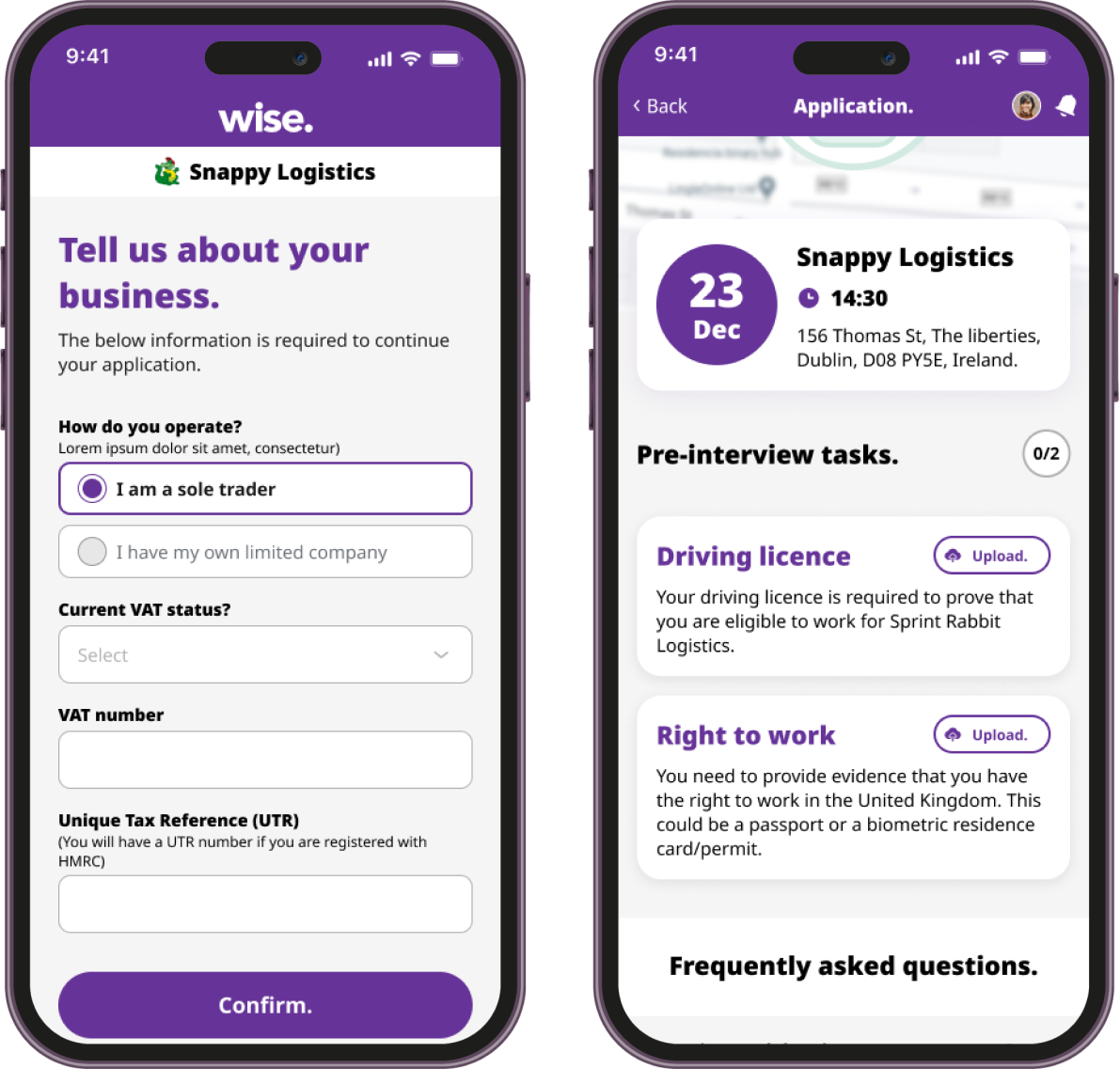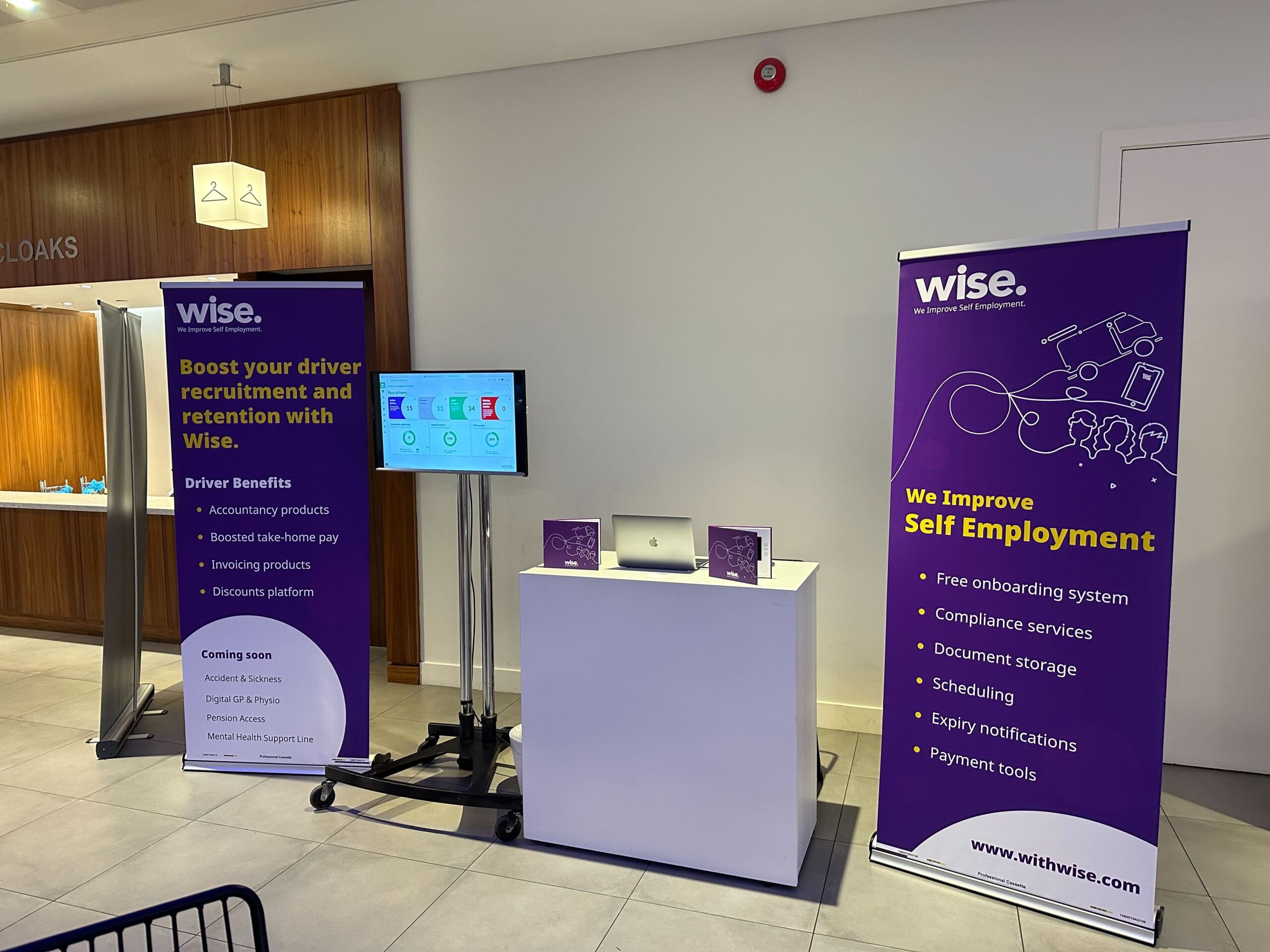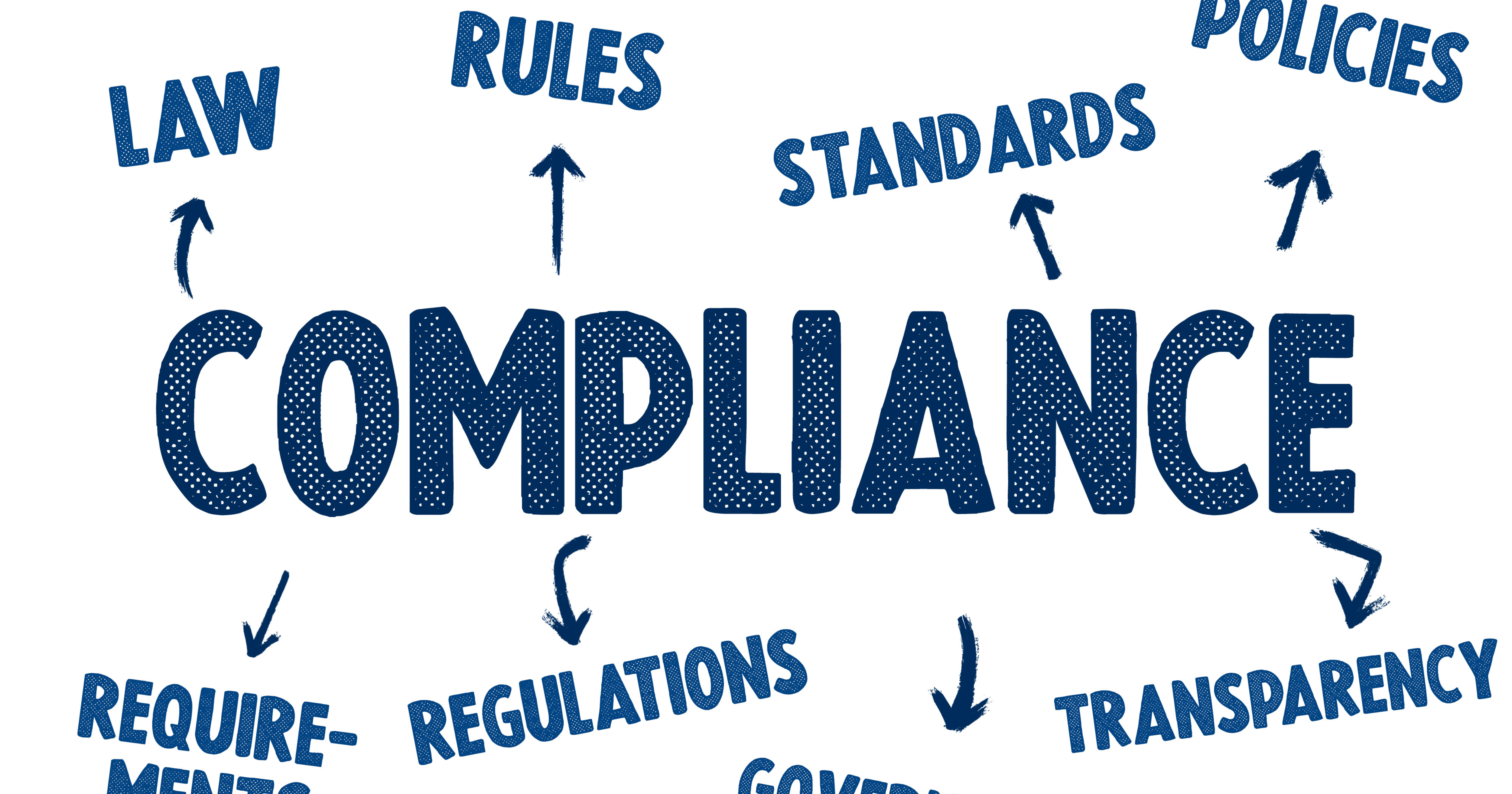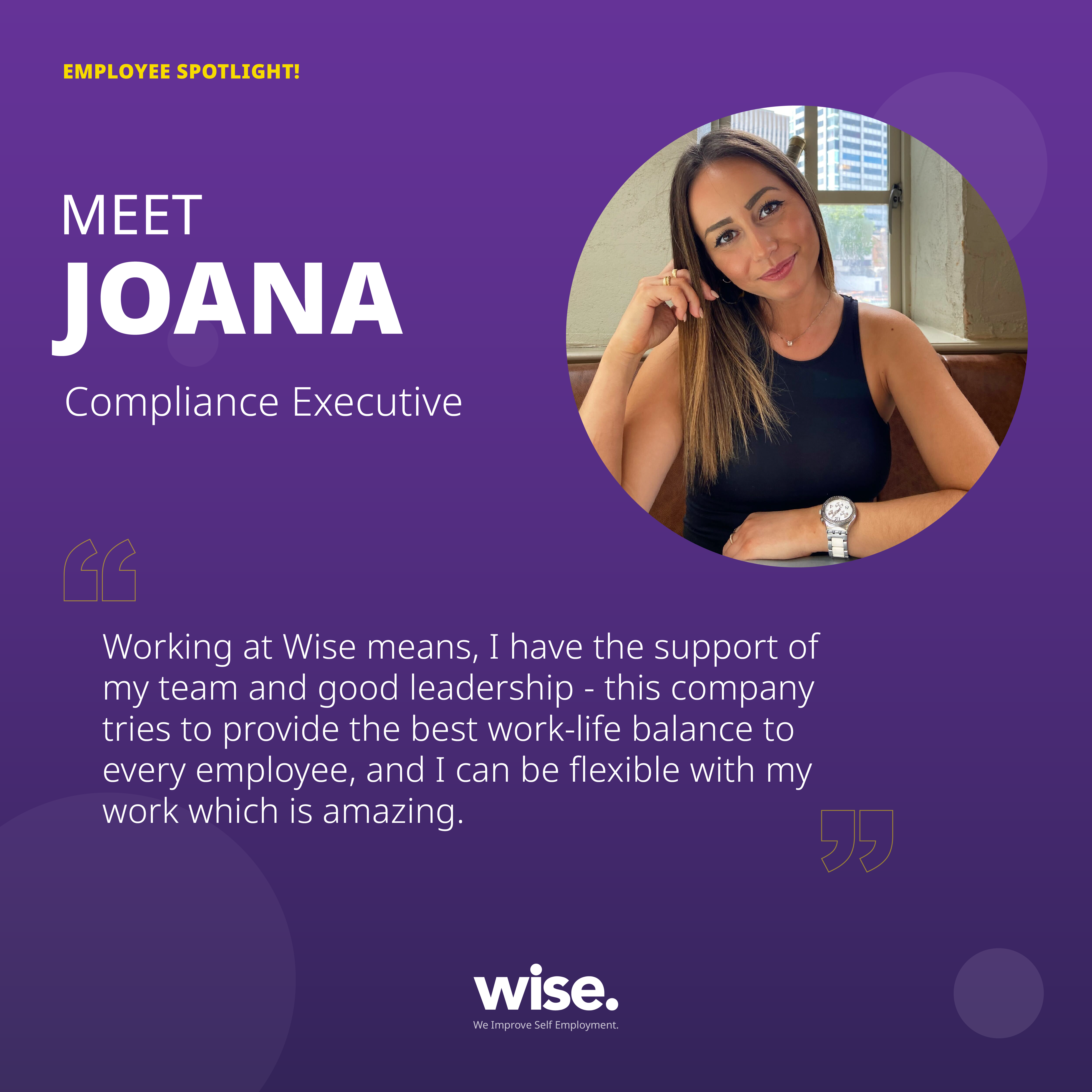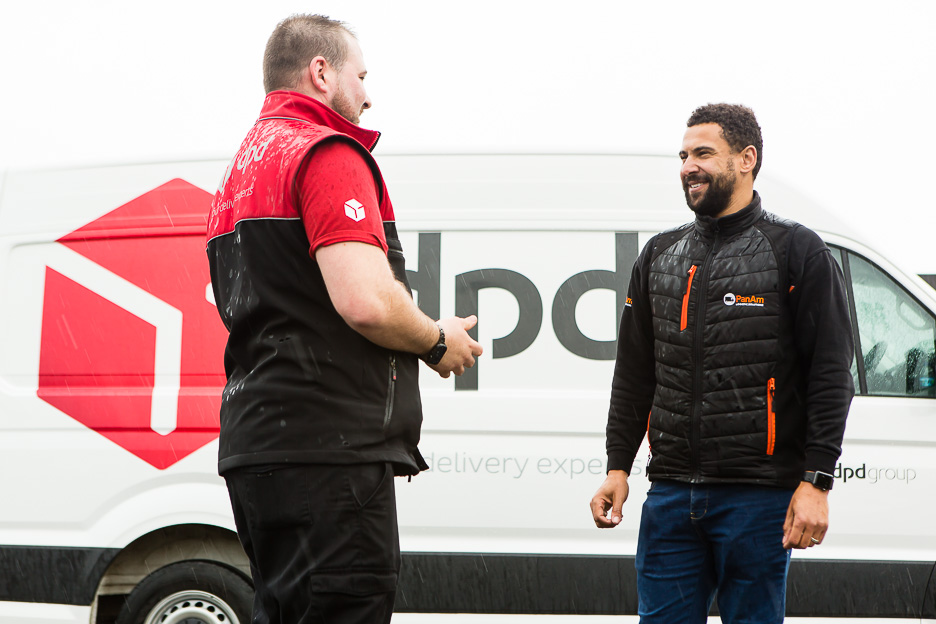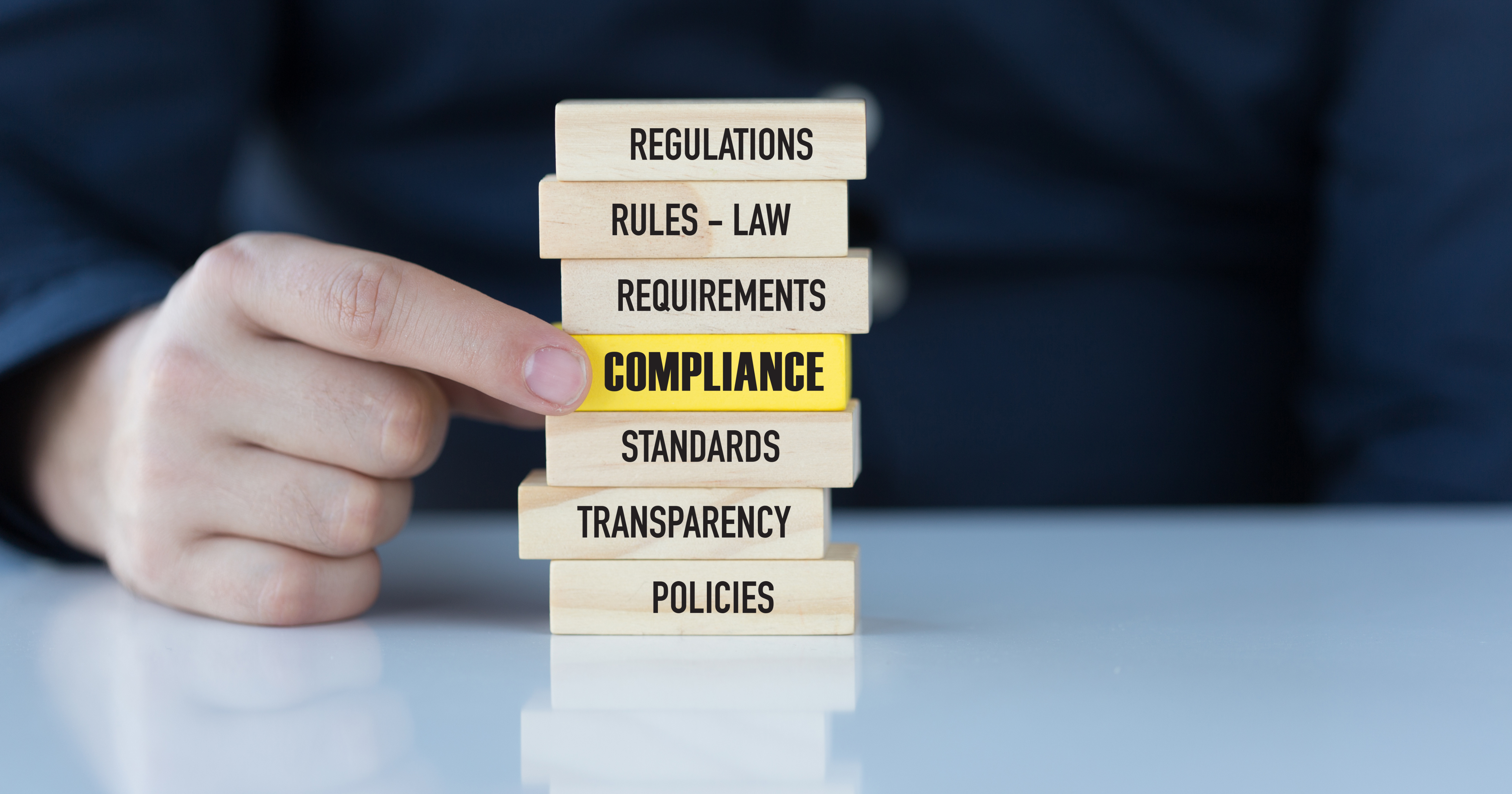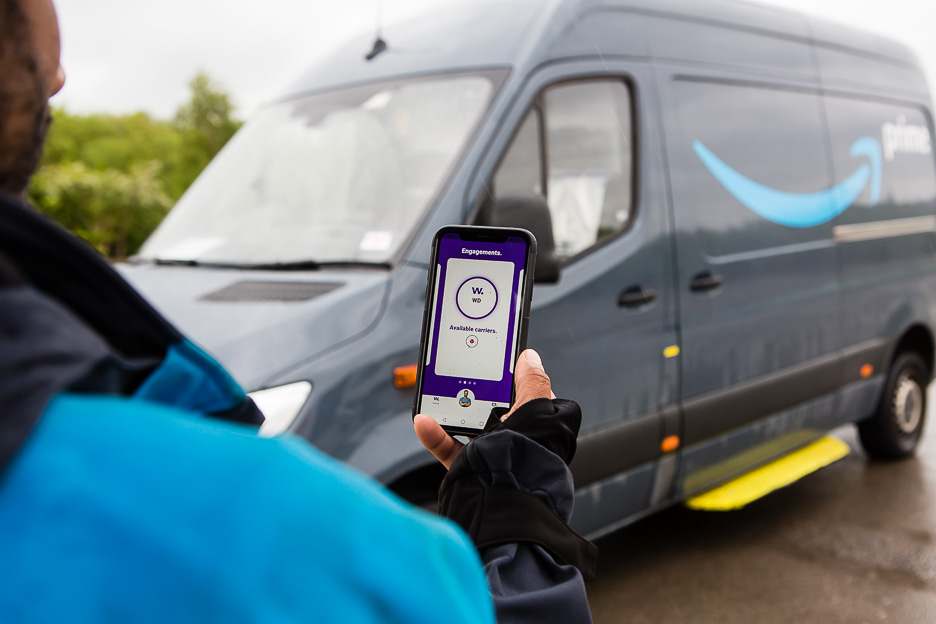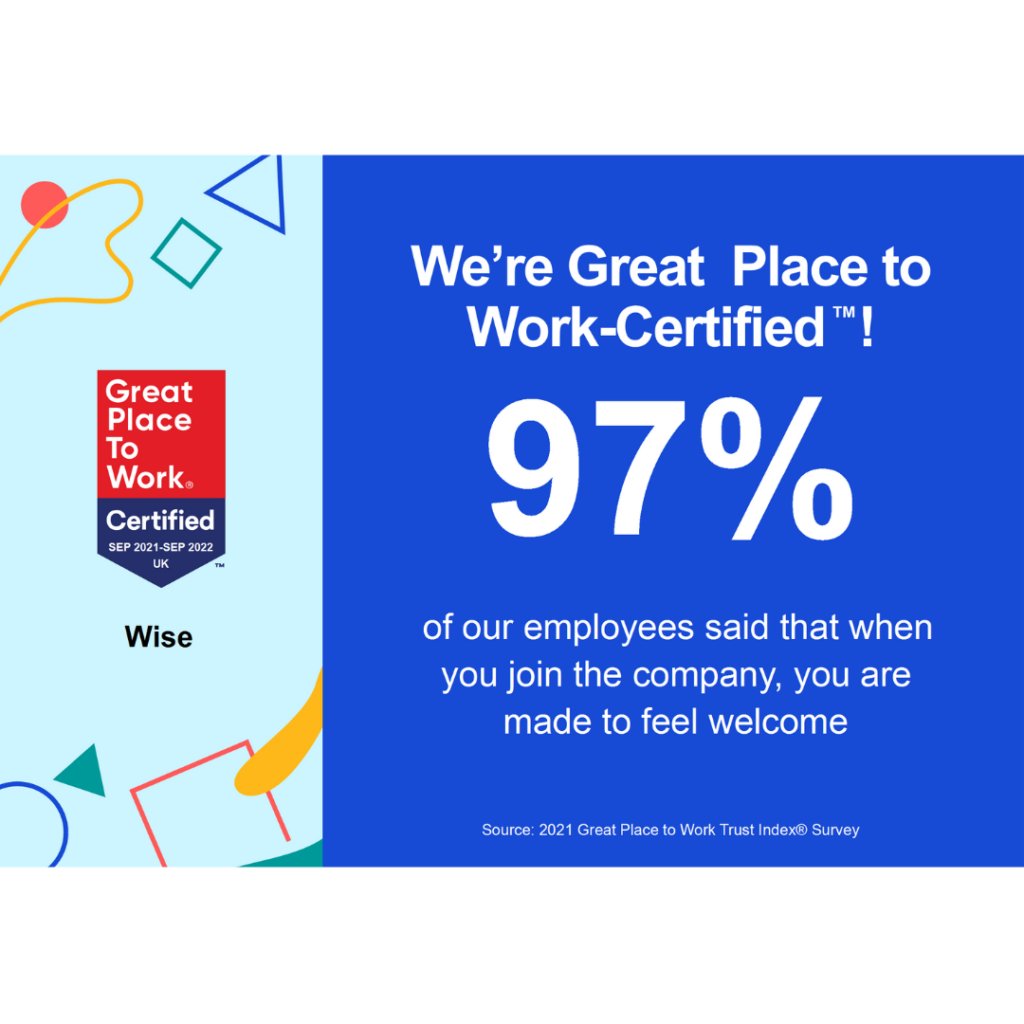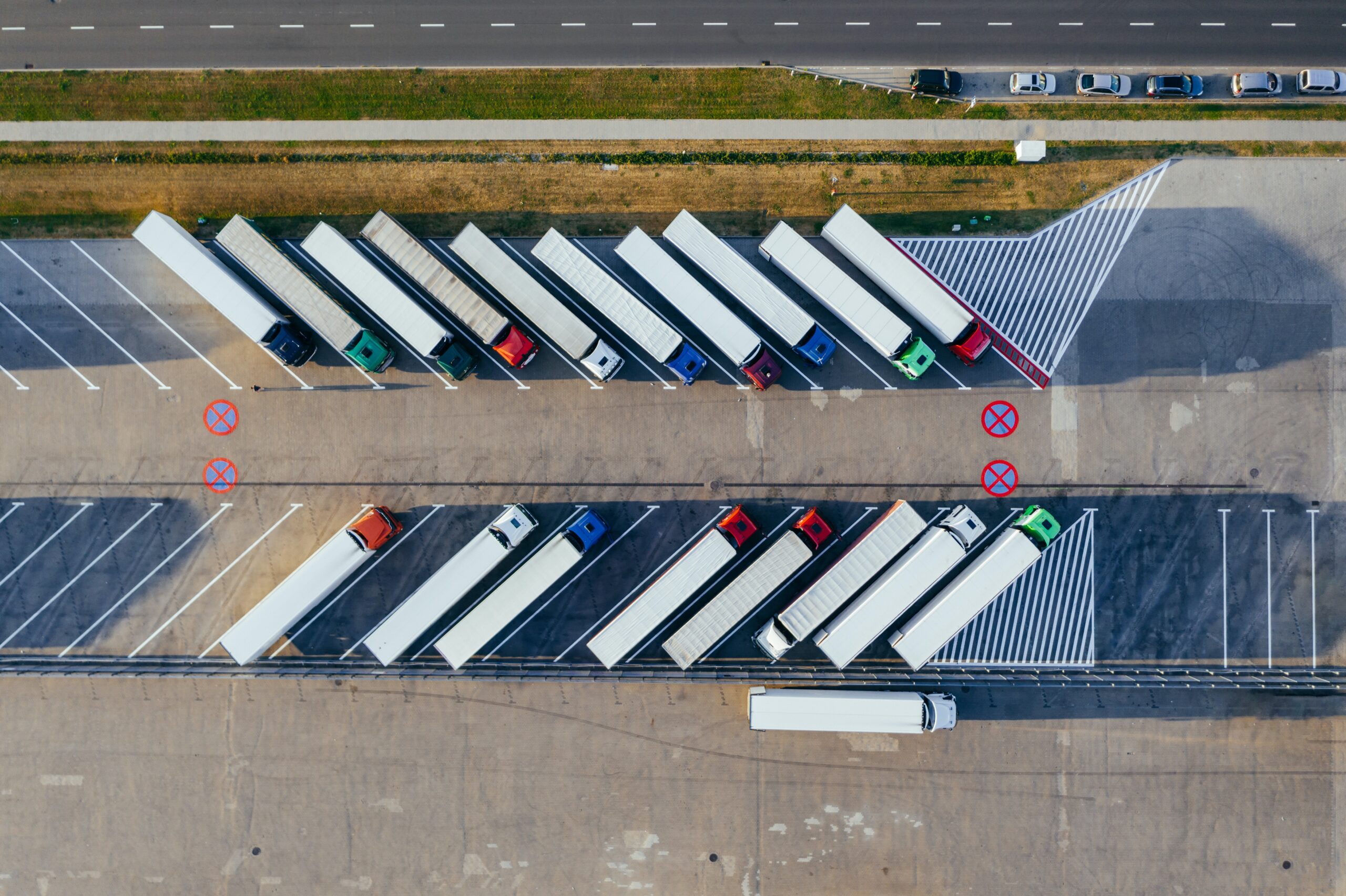As ChatGPT and other AI tools becoming increasingly mainstream, they’re being applied across countless industries – including logistics. One unexpected development is that drivers are now using AI to draft legal claims and even formal threats of action against the courier business they are engaging with.
At first glance, this sounds quite alarming. The idea of facing legal challenges from their drivers that could potentially escalate into costly fines or class-action lawsuits is every logistics business’ nightmare. But the reality is a lot more nuanced. AI itself isn’t the real threat, as it only helps to expose issues that already exist. In truth, these issues are only possible when logistics firms aren’t running their operations compliantly from the start.
How are drivers using AI to challenge logistics firms?
AI is a rapidly advancing tool, making it possible for drivers to build well-structured claims that appear credible and legally sound. In practice, drivers have now started using AI to:
- Present their claims in a polished, professional format.
- Reference legislation, rights, and relevant case law.
- Frame arguments in ways that align with tribunal standards.
When combined with supporting evidence, such as screenshots or messages, these tools make launching legal claims far more accessible and persuasive for drivers.
The real risk to logistics businesses
It’s important to distinguish that the real problems don’t come from AI itself, but from gaps in how some logistics firms operate. When businesses fall into common pitfalls, they create vulnerabilities that AI-powered claims are easily able to exploit.
Some of these mistakes include:
- Treating self-employed drivers as employees
- Relying on poor or incomplete documentation
- Using weak or outdated contracts
Take a recent case as an example; a driver used AI to draft a claim for £3,000, complete with references to legislation and relevant case law. Under normal circumstances, this is the kind of case we could have defended.
But unfortunately, in this instance, the client had ignored our guidance. They were effectively treating the contractor like an employee, giving the driver plenty of evidence to support their claim. The outcome was inevitable, and we had no grounds to defend the case. Ultimately, this means the client was forced to pay out.
Compliance is the best defence
If logistics businesses are operating compliantly, there’s nothing to fear. When the correct rules and regulations are followed, drivers have no grounds for a claim because you’ll have all the evidence you need to defend your business. To put it simply: AI can’t break the defences of a delivery service partner that’s doing everything right.
Staying compliant starts with clear, well-structured contracts. These remove any ambiguity around duties and responsibilities, ensuring both parties fully understand and agree to the terms.
It also means avoiding misclassification. If a driver is labelled as self-employed, they must be treated as such. This includes being able to choose when they work, and which jobs they accept. Demanding fixed hours or locations risks blurring the line into employment, which could entitle drivers to additional benefits such as holiday pay, pensions, or sick leave.
Consistency is equally as important. The terminology you use across contracts, operations, and day-to-day communications needs to align. Any inconsistency in language or treatment creates confusion, and potential vulnerabilities that drivers can exploit in legal claims alongside it.
We recognise that compliance isn’t always simple, and it can feel like a lot to manage. But, when done properly, it makes your business virtually untouchable. With strong contracts, consistent processes, and respect for self-employment principles, you’ll have defences in place to confidently win any claim.
Why prevention is better than cure
Money isn’t the only thing lost when losing (or even just fighting) claims – reputation can just as easily take blows. Repeated disputes, even if you’re winning them, can create the impression that a business is struggling to manage its drivers fairly.
That’s why a compliance-first approach is so powerful. It’s best thought of as a type of insurance: it’s far cheaper and far more effective to prevent problems than to deal with them after the fact. With the right foundations in place, logistics firms benefit from:
- Fewer disputes and legal threats
- Protection against unexpected costs and payouts
- Peace of mind when AI is used to challenge claims
And it’s not all about protecting yourself. Respecting self-employment principles strengthens trust and loyalty among your drivers, helping to build long-term and sustainable relationships that reduce turnover and keep your operations running smoothly.
How the Wise platform can help
If you’re unsure where to begin with compliance, or are worried about trying to cover every angle, Wise can take the stress off of your shoulders.
With Wise, compliance becomes simple and consistent. Our platform supports you by:
- Automating driver onboarding with contracts designed for compliance
- Managing payments in line with VAT and tax regulations
- Running automated compliance checks with easy document management
- Providing expert compliance guidance from our team whenever you need it
In short, we make compliance seamless so you don’t have to worry. With the right processes, contracts, and support in place, you can feel confident knowing your business is protected – even if a driver uses AI to challenge you.
Cut the paperwork,
keep the drivers.
Faster onboarding means more drivers on the road and less time wasted on admin. Wise helps you scale faster without the growing pains.


